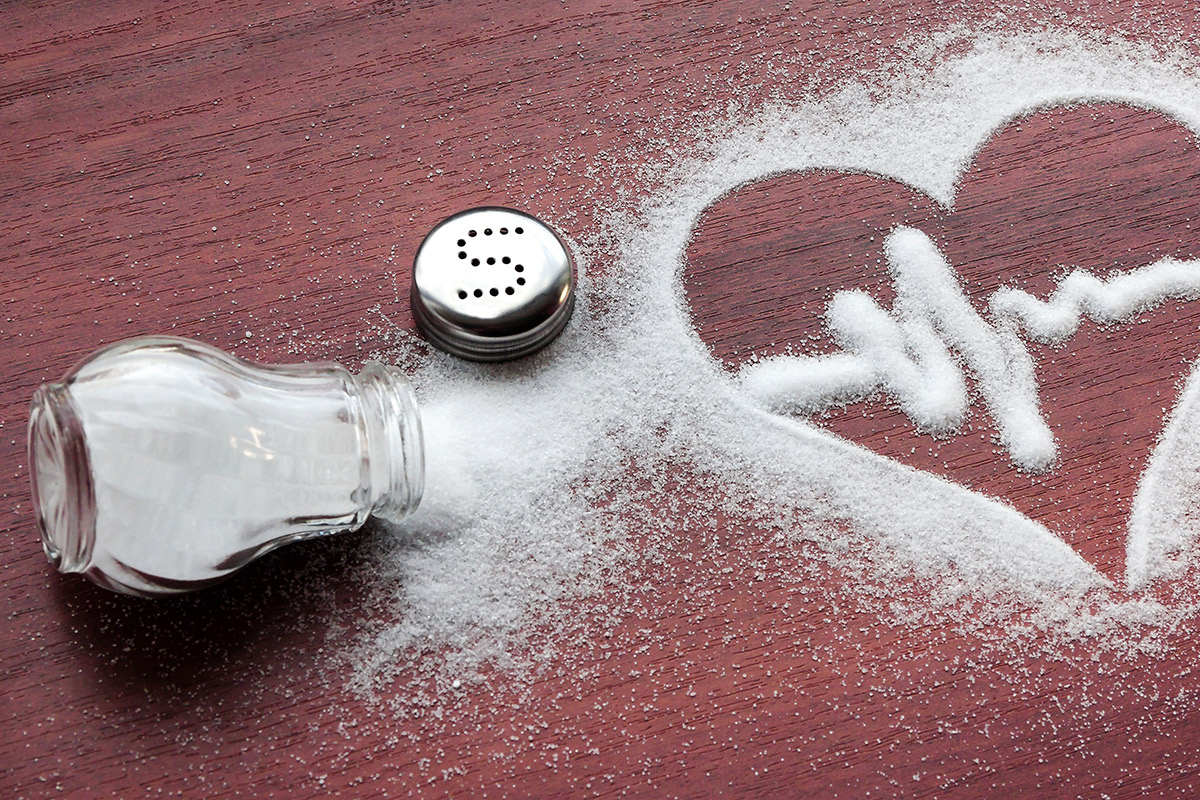Salt is essential to a healthy diet, providing the necessary sodium required for a number of bodily functions. However, the question of how much salt is a healthy amount for people to consume through their diet has long been debated amongst the scientific community.
As scientists have continued to carry out research into this all important question, it has become clear that the issue of what constitutes a heathy salt intake is less clear cut than may have previously been believed.
One recent ongoing observational study, the findings of which were published in The Lancet in August 2018, looked at the diet of more than 95,000 participants in 18 countries. The conclusions of this study included:
- Whilst the World Health Organisation (WHO) recommend a daily intake of no more than 2g of sodium per day (equivalent to 5g of salt), the authors of this study highlighted the fact that no country has ever managed to reduce population intake to these levels.
- In moderate amounts, lead author of the study – Professor Andrew Mente, asserts that sodium may have a beneficial role in cardiovascular health, but a potentially more harmful role when intake is very high or very low.
- Mente has gone on to explain that our bodies need essential nutrients like sodium, but the question is how much.
- It is only communities where average intake is more than 5g of sodium per day (equivalent to 12g of salt), that the authors support moderate reductions from very high levels.
- In the communities with the lowest levels of sodium, an increased cardiovascular risk was found.
- Co-author of the paper – Martin O’Donnell, asserted that there is no convincing evidence that people with moderate sodium intake need to reduce their sodium intake, for prevention of heart disease or stroke.
- This study also measured potassium levels and found that those who consume more potassium, which is found in fruit, nuts and vegetables, as part of a balanced diet, decreased the occurrence of strokes and heart disease. However, the researchers in this particular study could not conclude whether there is a causal link between sodium and potassium levels or whether high potassium is merely a marker of a healthy diet.
Having examined data from more than 500 medical papers and studies about salt, Dr James DiNicolantonio, associate editor of the British Medical Journal’s Open Heart and author of ‘The Salt Fix: Why the Experts Got It All Wrong — and How Eating More Might Save Your Life’, suggests that there was never any sound scientific evidence to support the low salt idea for healthy adults; that is, those with normal blood pressure.
In another study, researchers at Boston University School of Medicine found that participants (who all started the study with normal blood pressure) consuming less than 2500mg of sodium a day over the next 16 years, actually had higher blood pressure readings than those who consumed more.
Dr. Lynn Moore, Associate Professor of Medicine at Boston University School of Medicine, explained that her research team saw no evidence that a diet lower in sodium had any long-term beneficial effects on blood pressure. She also clarified that whilst some people are sensitive to salt and, as such, can benefit from lowering sodium intake, this only applies to a subset of people.
The evidence suggests that individuals respond to salt in different ways and, for the majority of people, it is vitally important to ensure that they are consuming enough salt as part of a balanced diet.
What is becoming increasingly clear is there is much scientific and medical debate taking place on what is a healthy salt intake.
You will find a number of additional helpful articles on the Salt Sense website. You can also join our communities on Facebook and Twitter for daily updates.

